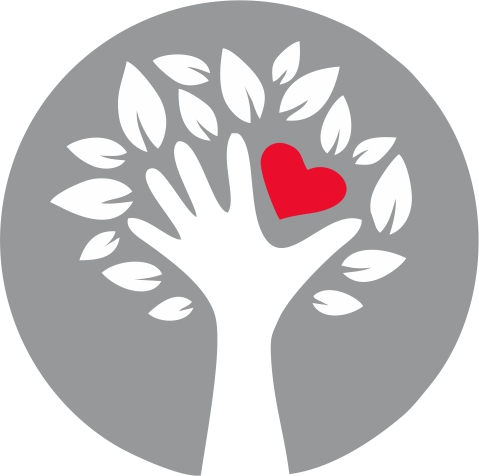There are several industries and professions that have been working in overdrive, operating under strained resources, and experiencing unusually high levels of stress for about 18 months now. We of course, as human beings, have a capacity to over-function if needed, but doing so over a long period of time can lead to burnout. Although burnout is not listed as a medical condition, it is included in the ICD-11 as an “occupational phenomenon.”
Burnout out is characterized by a sense of being alienated or wanting to isolate from work, along with cynicism and negativity at work. A persistent feeling of being drained or exhausted, tired and unable to cope is another sign. Finally, poor or reduced performance, very low motivation to get up and go to work, difficulty focusing at work, and low productivity and creativity is another symptom. Additionally, some may experience increased illness, and drug and alcohol use. Further, burnout may manifest in areas of life other than work.
Staying in burnout over a long period of time can worsen the problem leading to more serious mental illness such as depression. It’s important to recognize if you get to a state of burnout, whether it be at home or at work, so you can take action to help yourself.
Sometimes small changes will be enough to resolve burnout. Other times you may need to make a big change to get some relief.
Evaluate your self-care; eat healthy meals, take a lunch break, and drink water throughout the day. Exercise and create some movement breaks during the day, e.g. leave your desk or office and go for a brisk walk, go outside to sit in nature, walk up and down stairs, or do 5-10 minutes of yoga or stretching. Build in mindfulness or meditation into your day; use an app to listen to as a guide. Get enough sleep. Self-care is your first protector against burnout.
Don’t be afraid to ask for help from a loved one or your boss. Consider simple options for changing up your work routine, ask for a change in tasks, or find out if your company has other open positions. Lastly, counseling or coaching is a resource to support you in identifying and overcoming burnout. Talking your feelings out with someone can help you gain perspective and make a plan.





Recent Comments